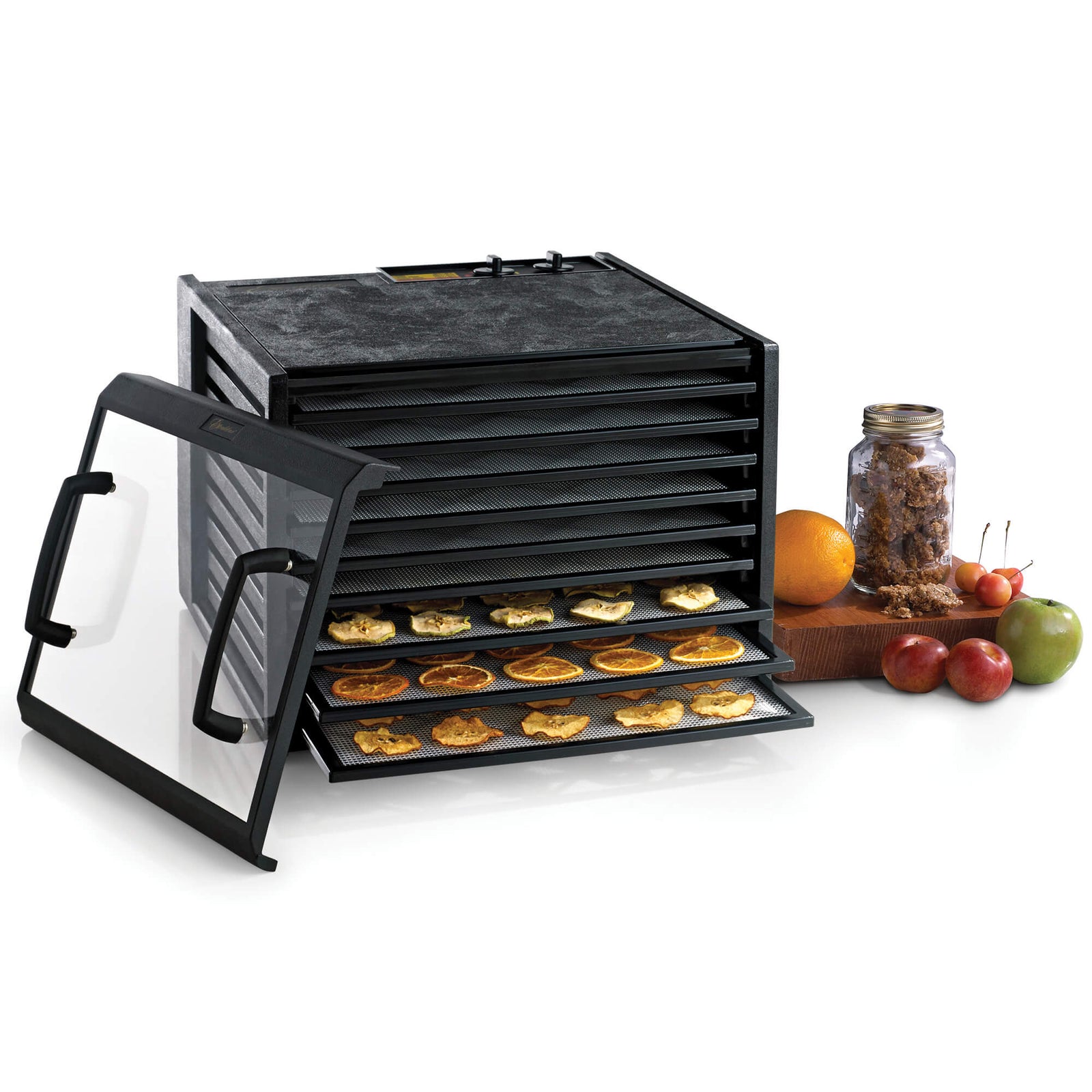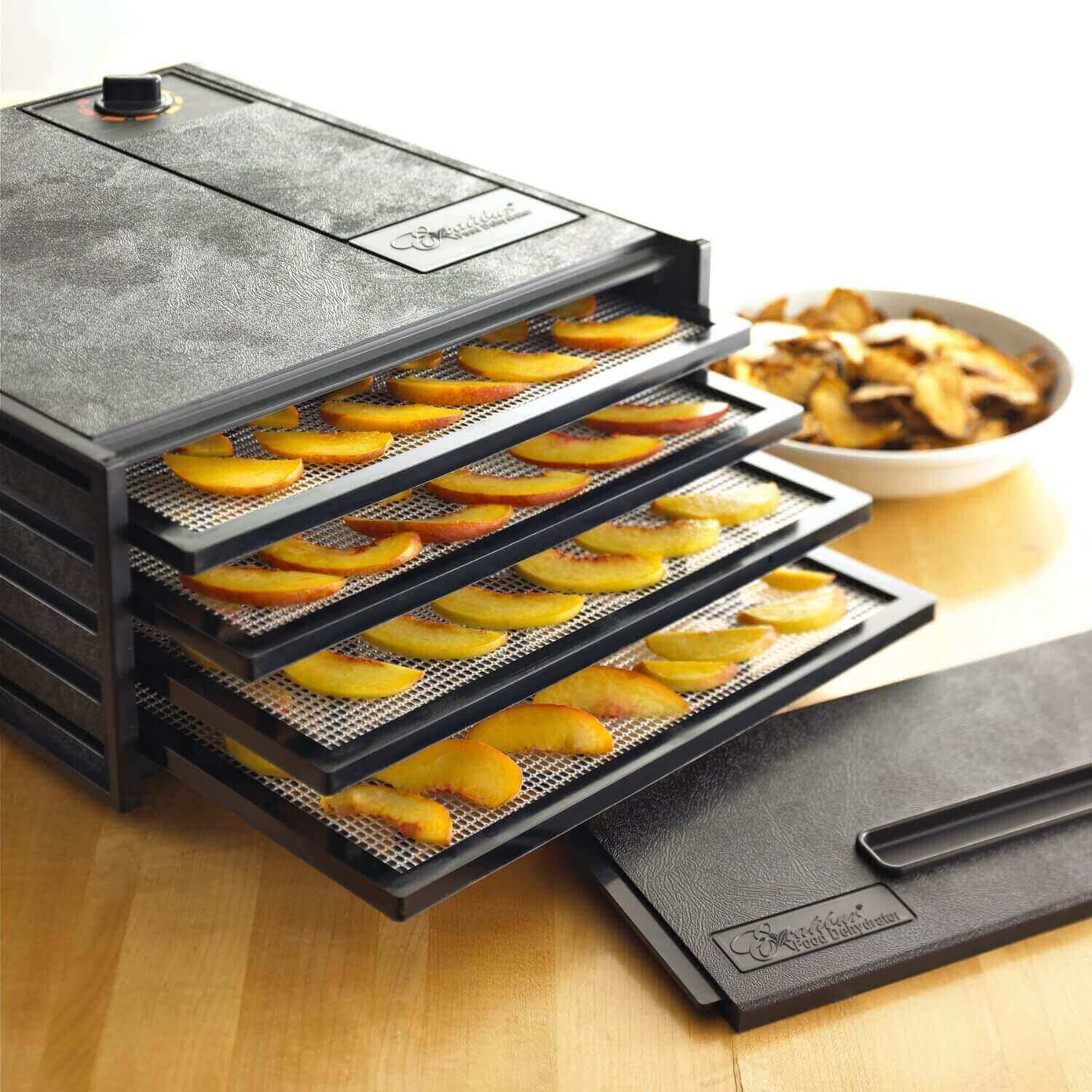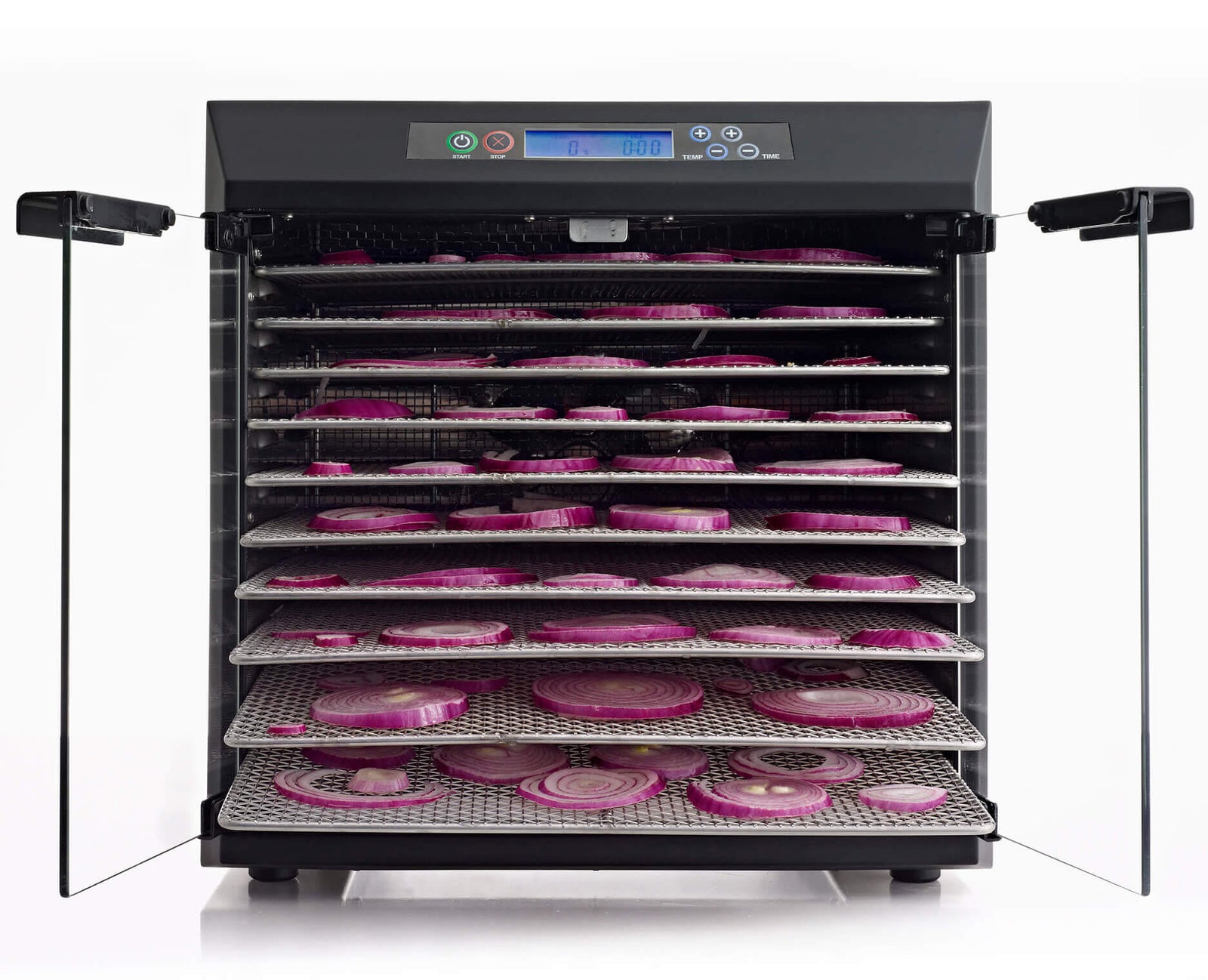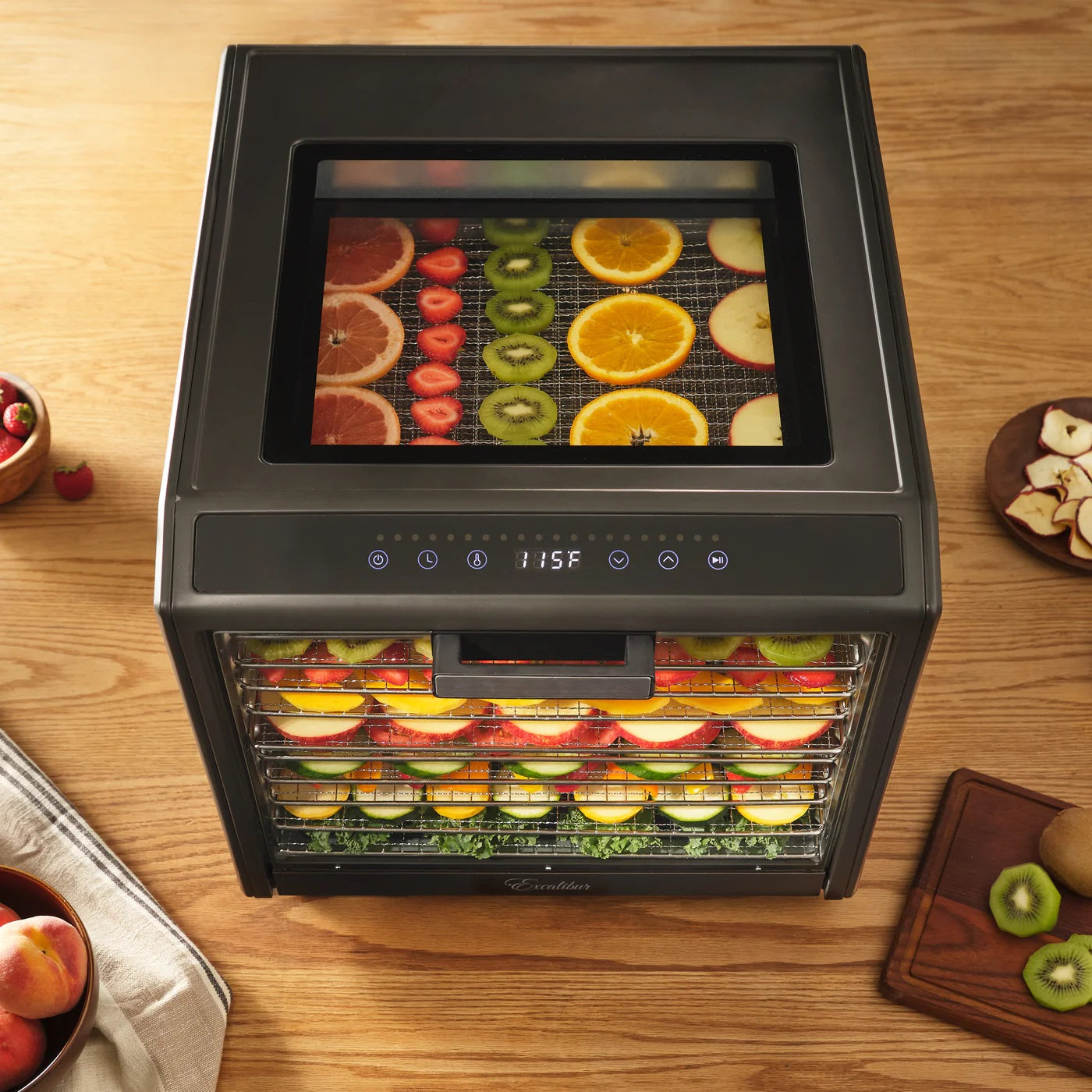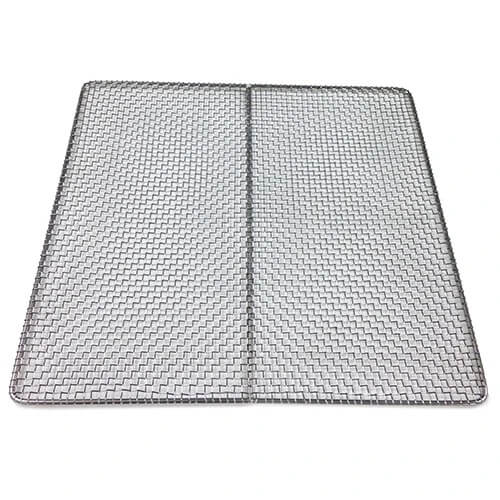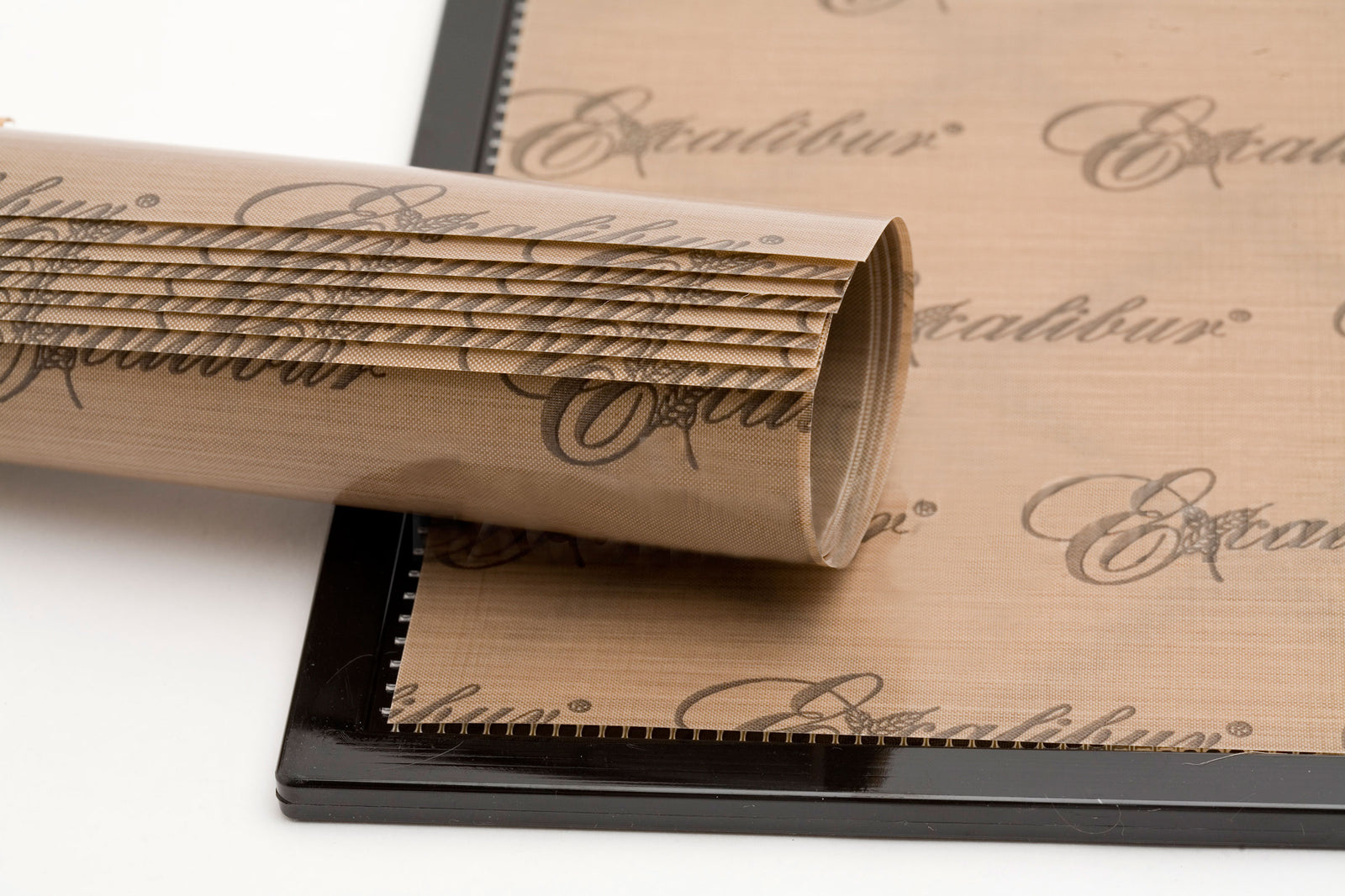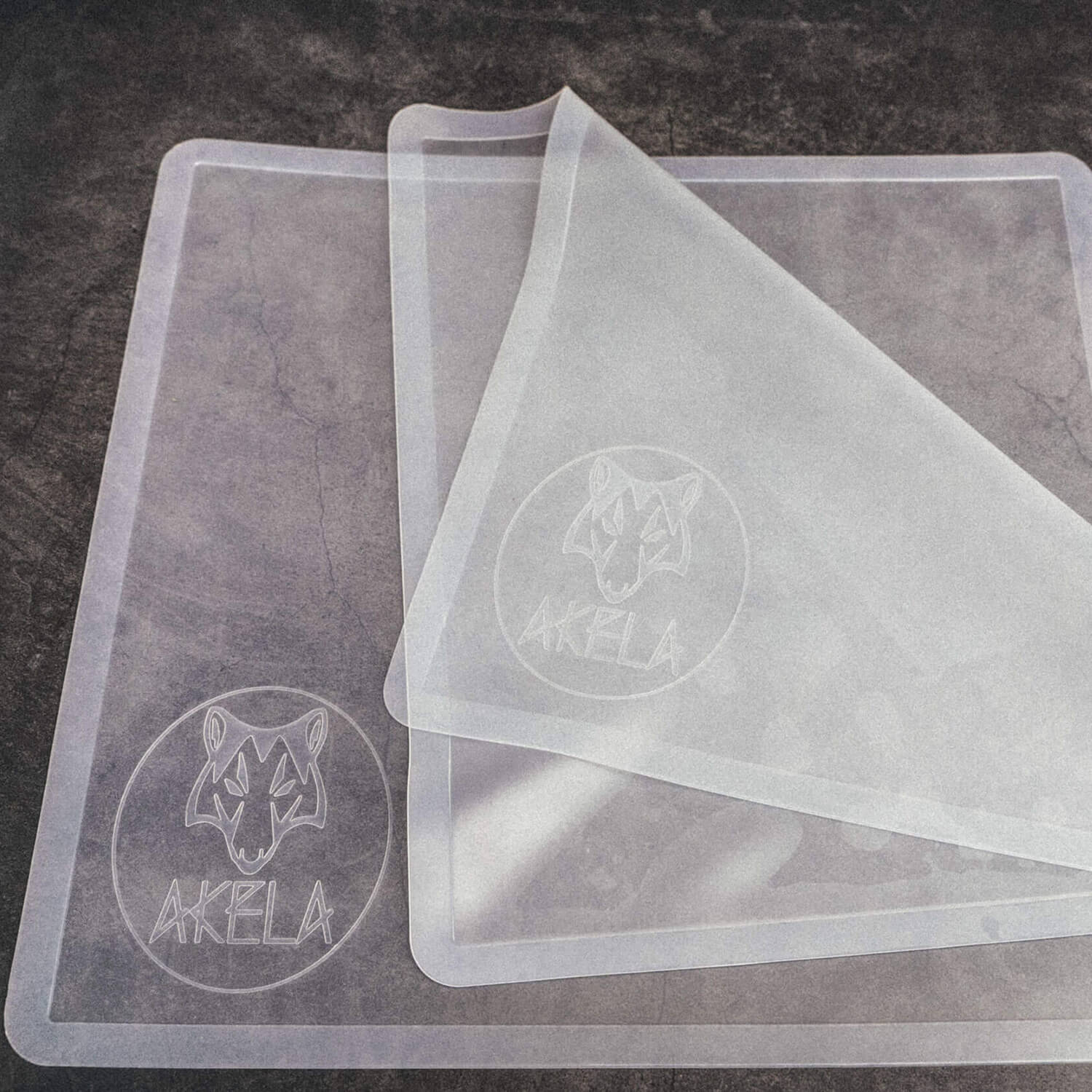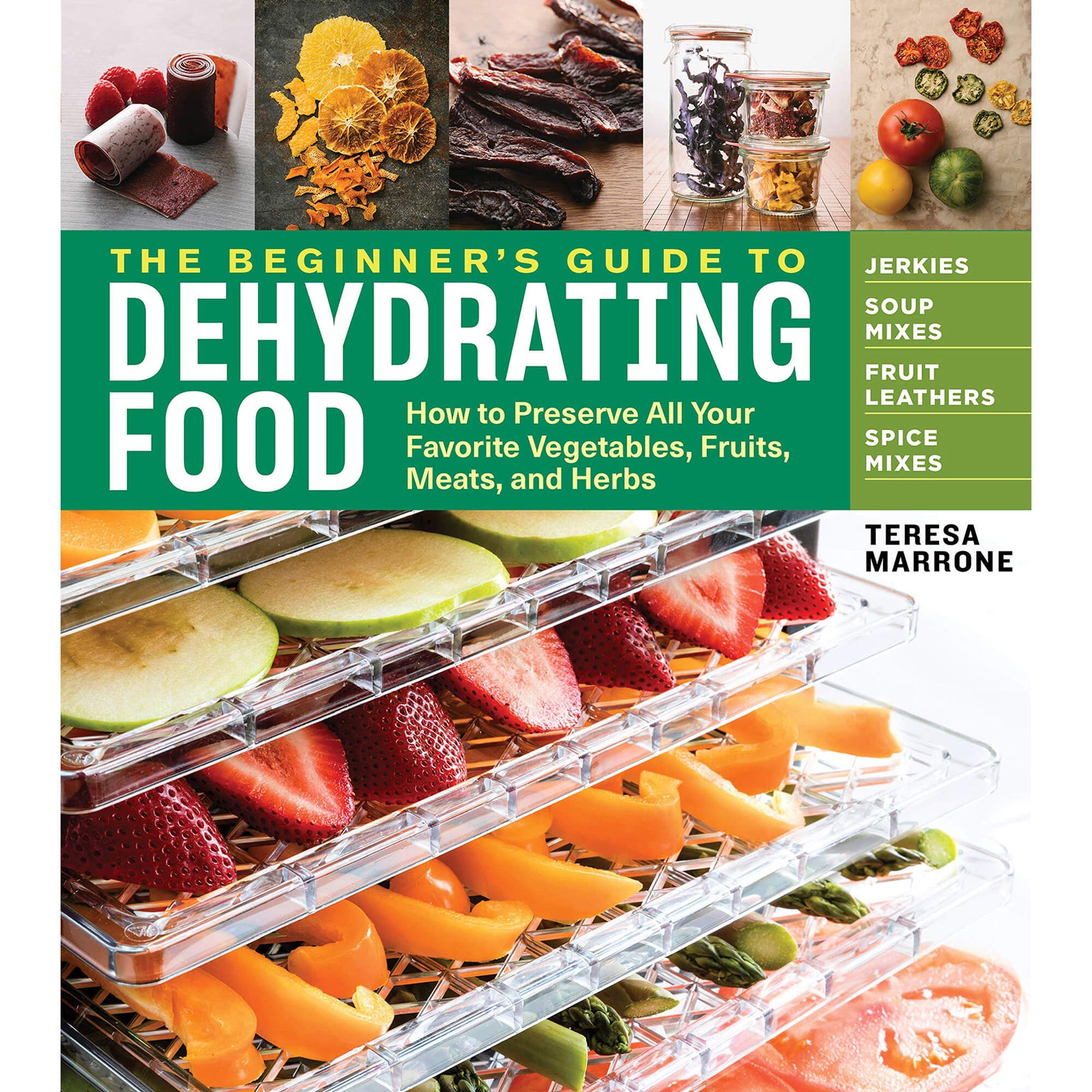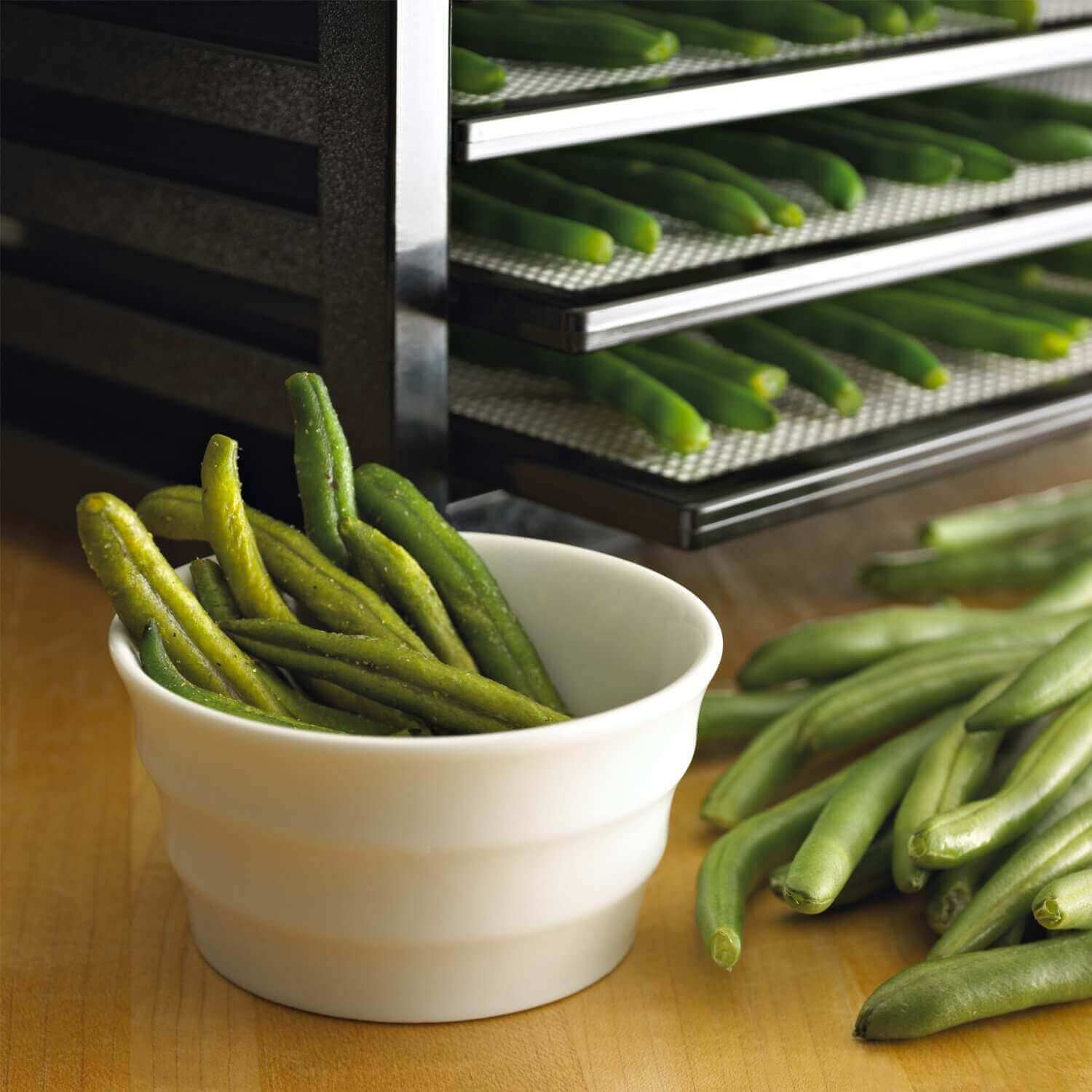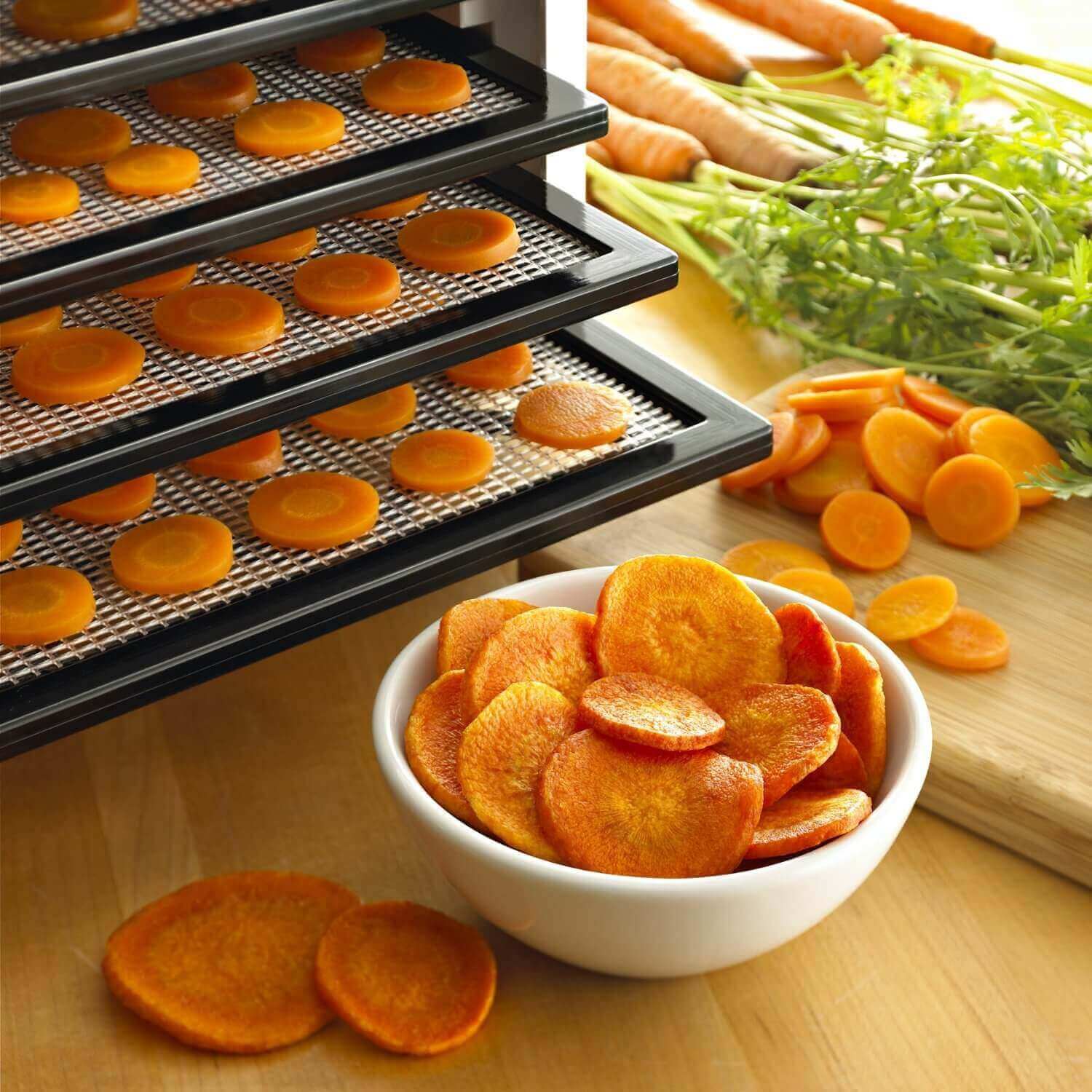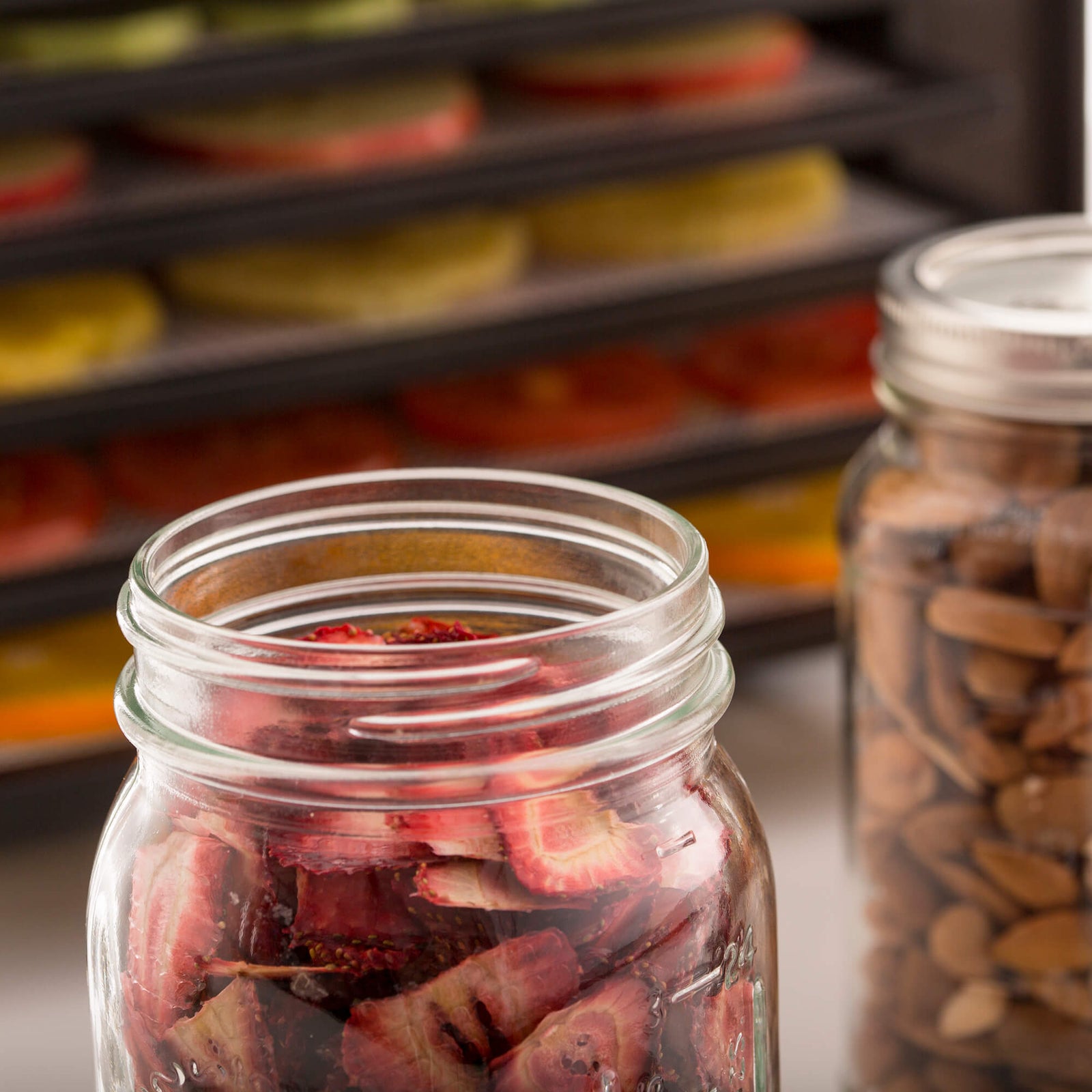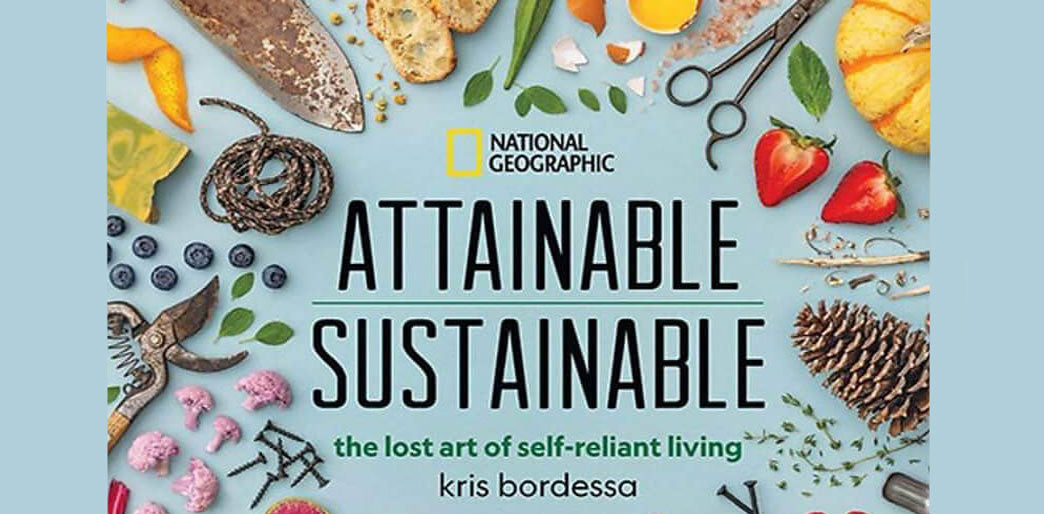Sustainable Food Preservation
The term food preservation refers to any one of a number of techniques used to prevent food from spoiling.
Preservation can be done in a variety of ways: freezing, drying, fermenting, pickling, curing, canning or making jams. Environmentally, preservation reduces the amount of food that spoils during peak seasons of production. By preserving them, we can keep food intact for longer periods of time, allowing us to eat certain foods even during off-peak seasons.
Since most disease causing organisms require a moist environment to survive and multiply, drying is a natural technique for preventing spoilage. Indeed, the act of simply leaving foods out in the sun and wind to dry out is probably one of the earliest forms of food preservation. Evidence for the drying of meats, fish, fruits, and vegetables goes back to the earliest recorded human history. At some point, humans also learned that the drying process could be hastened and improved by various mechanical techniques. A host of dehydrating techniques are known and used. Modern drying techniques make use of fans and heaters in controlled environments.
Voila!! ... Enter Excalibur!

Why Dehydrate Food?
You may be asking yourself, "why dehydrate food?" – there seems to be plenty of food on the grocery store shelves.
It may be frightening to think that in the not-too-distant future the grocery store shelves may be empty due to rampant shoppers who have heard of the possibility of food shortages.
How could this possibly happen? .... well, this year of 2020 saw just that sort of panic buying all over the world!
Advantages of dehydrating foods:
You don't have to store all your fresh foods in the refrigerator. When the foods have been dehydrated they can last for years without electricity – and there are some great energy savings for you.
It's Easy to Dehydrate Foods for Storage.
Space-Saving benefits
For example, eight whole bunches of celery can be stored in a one litre (quart) mason jar! WOW!
No electricity - great energy savings! - and no fridge space needed to store it!

Learning to dehydrate your own food can be a simple way to eat healthier and save on the cost of your overall food storage program.
Storing food for longer duration usually involves freezing at high temperatures. However, freezing food can decrease its nutritional value and unless it is treated with various chemicals, food cannot be stored for a long time. In such a case, food dehydration has turned out to be a handy option when it comes to food preservation.

Dehydrated food is a good option for camping and backpacking as dried food does not need refrigeration, is light in weight, does not need too much space and is high in nutritional value. Dehydrated food also serve as a tasty and healthy snack for children.

Dehydrated meals that are pre-packaged and ready to go can be a real life saver in an emergency. They can be used to cook a meal in as little as 15 or 20 minutes and usually require little more than a few cups of water in the process. This minimises time, effort and resources spent on meal preparation during a crisis.
While it needn't be your only method of long term food storage, dehydrated foods should always be included as a part of any balanced food storage program.

For over four decades, Excalibur has been the #1 choice in dehydrating.
Since 1973, Excalibur has consistently introduced advancements related to the mechanics of dehydration, continuing to set the industry standard for design, performance and value. Pride of workmanship, quality, versatility and ease of use are the trademark of Excalibur products.
In the process of perfecting dehydration, a legacy was born. Which is why the Excalibur remains the best selling dehydrator in the world.



